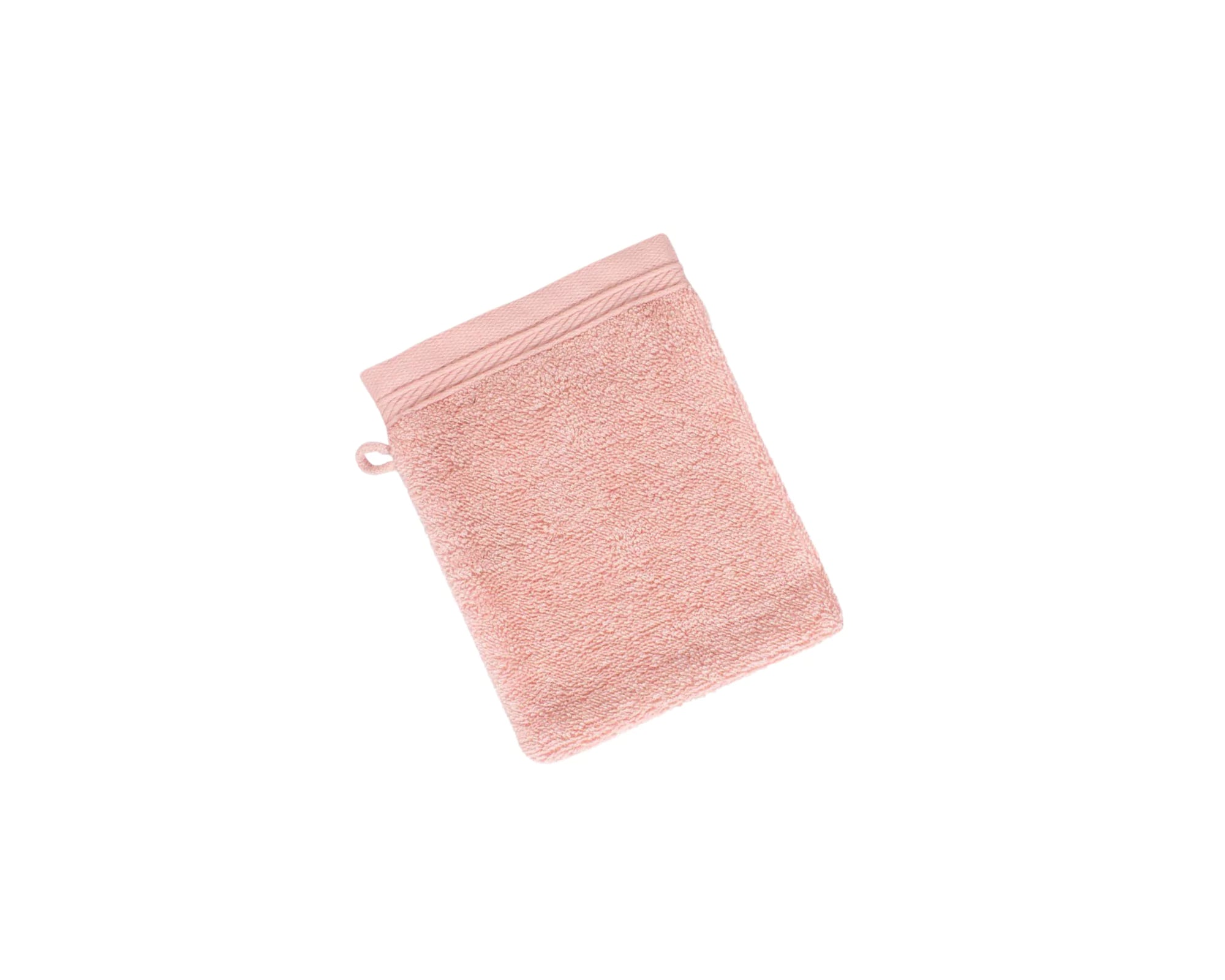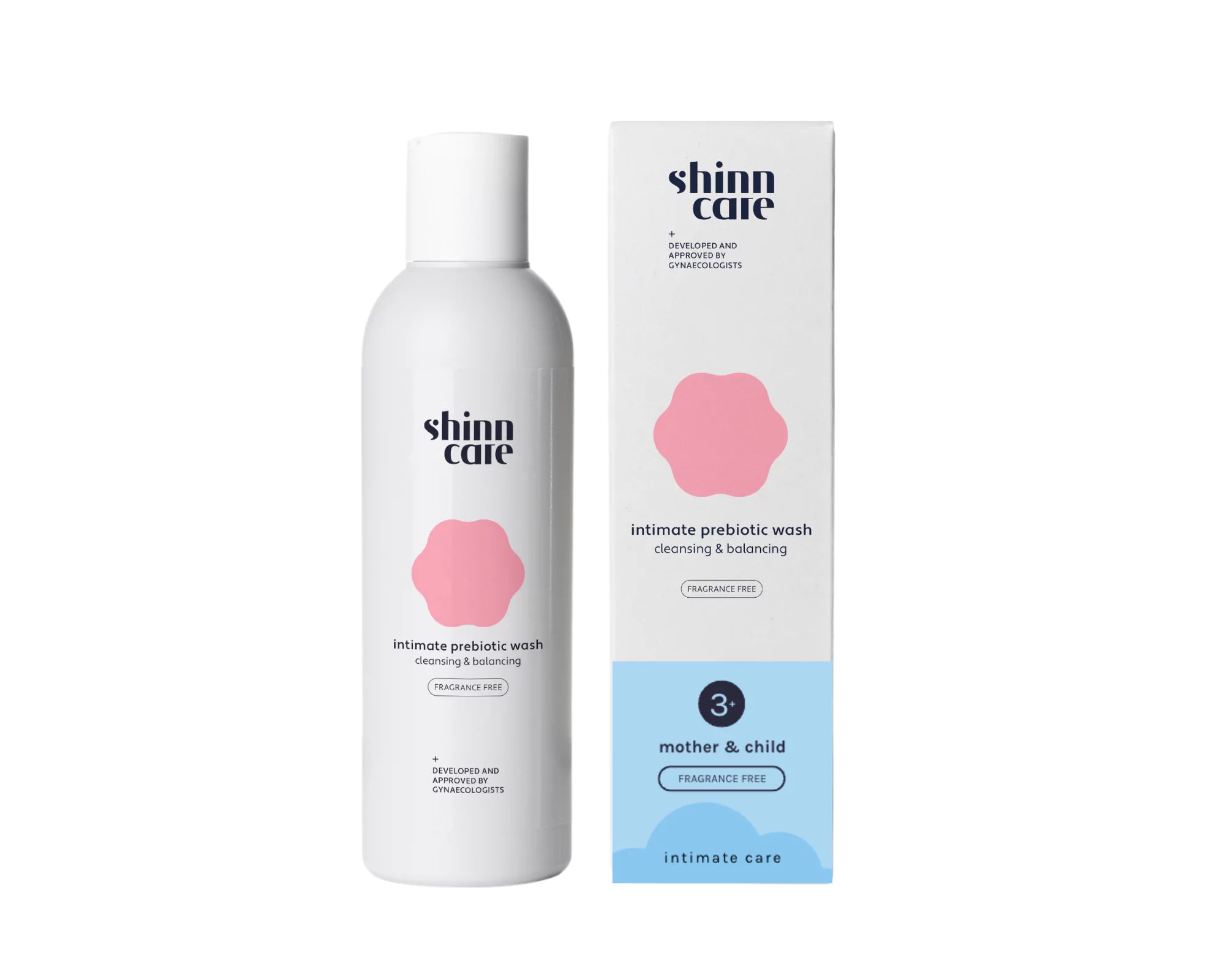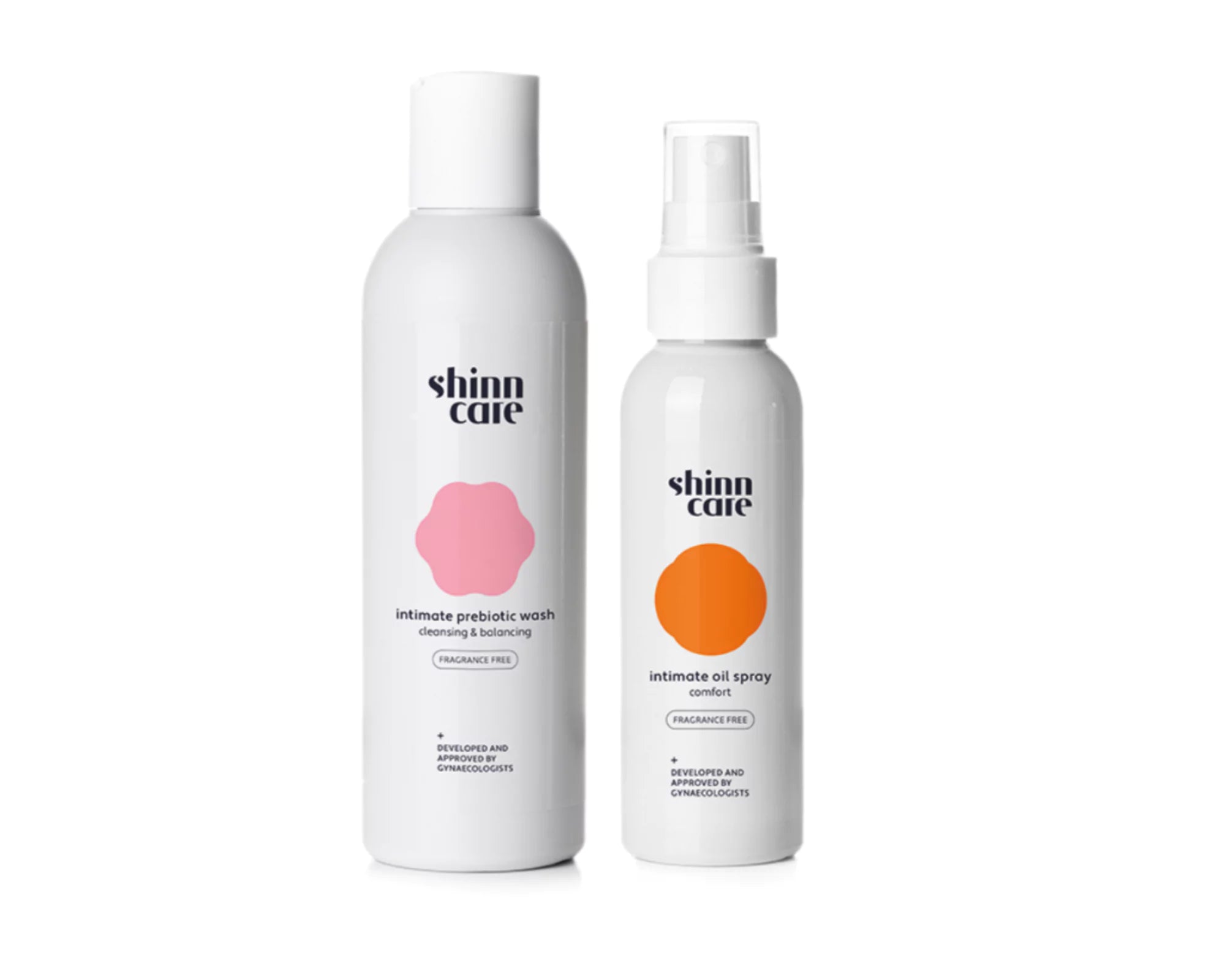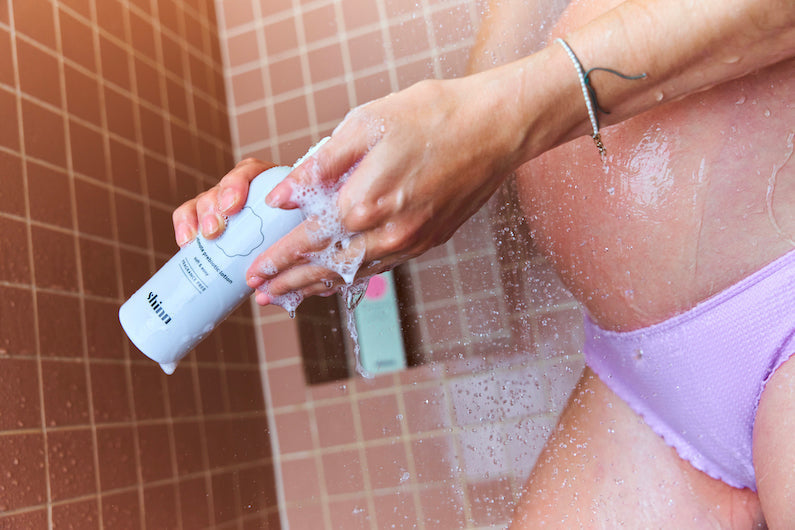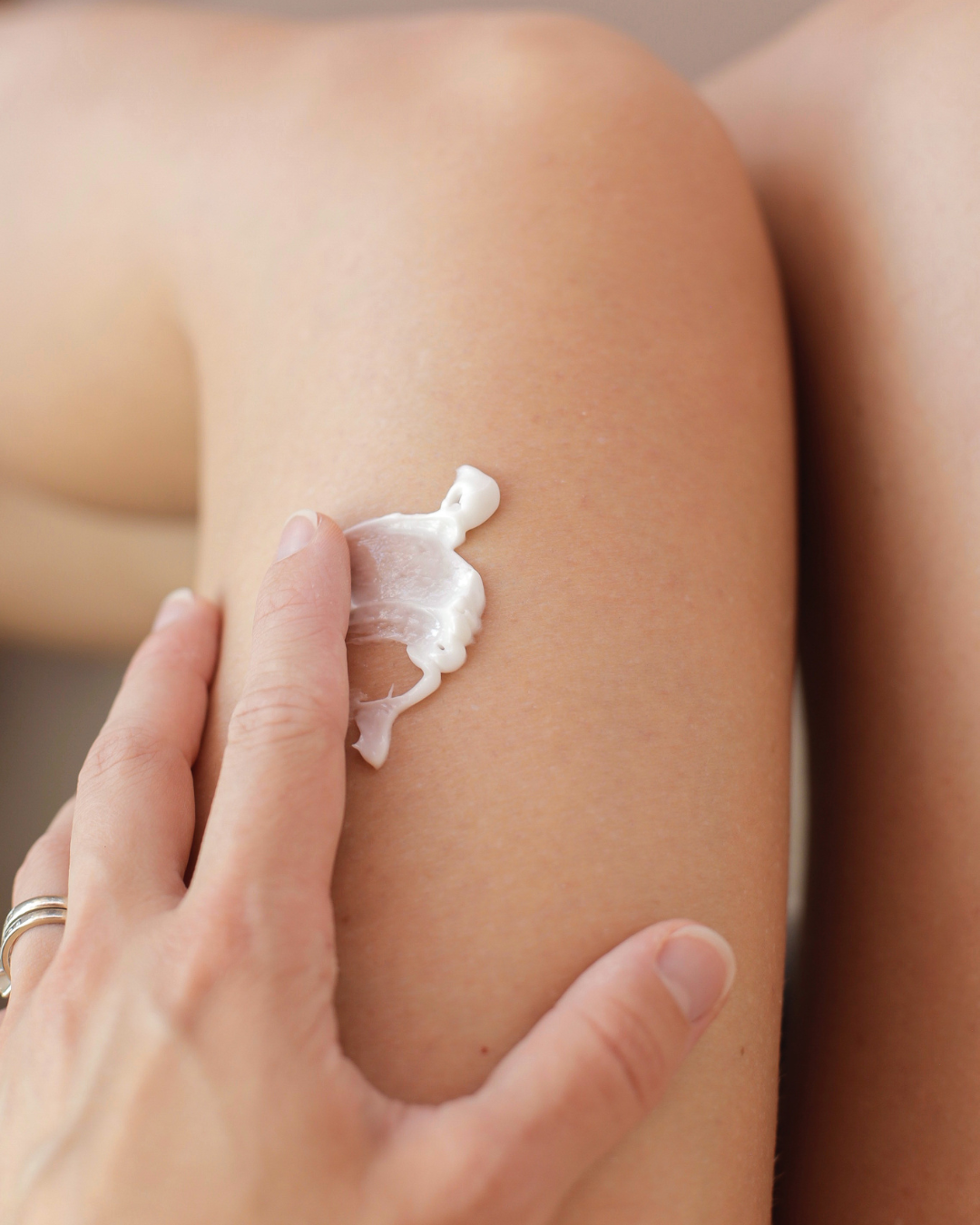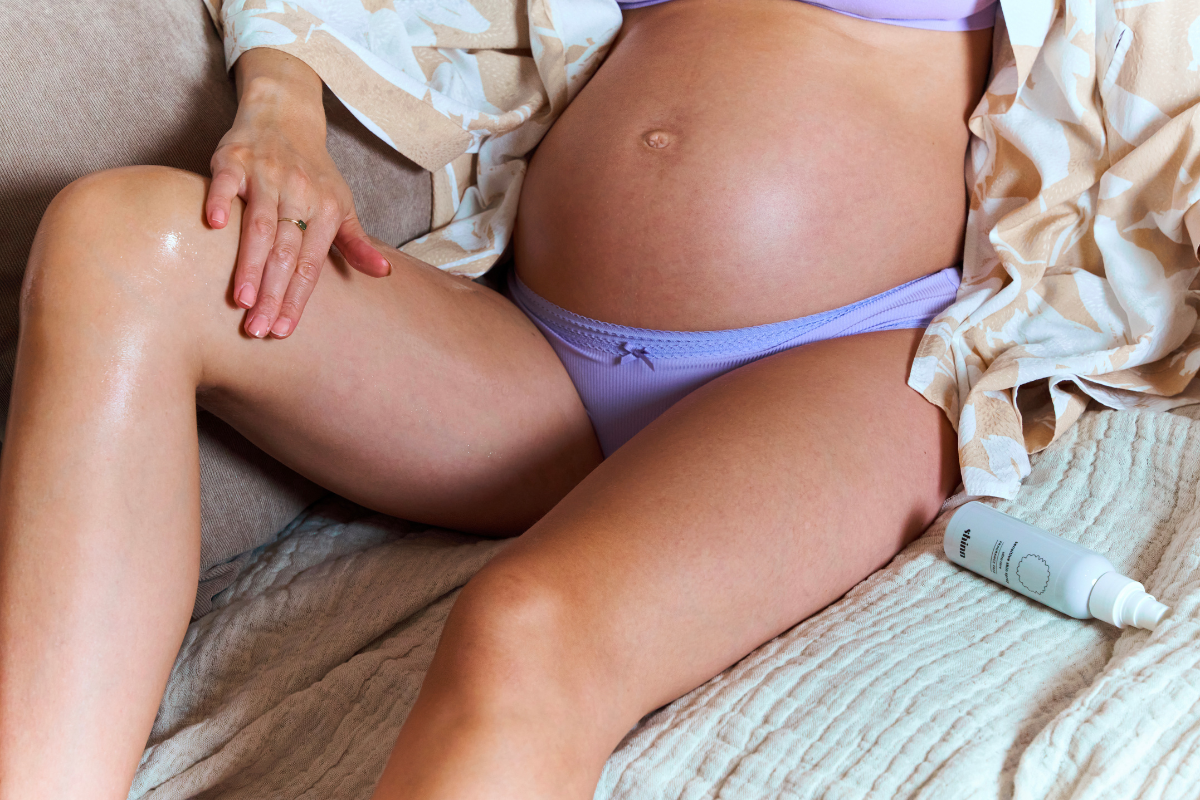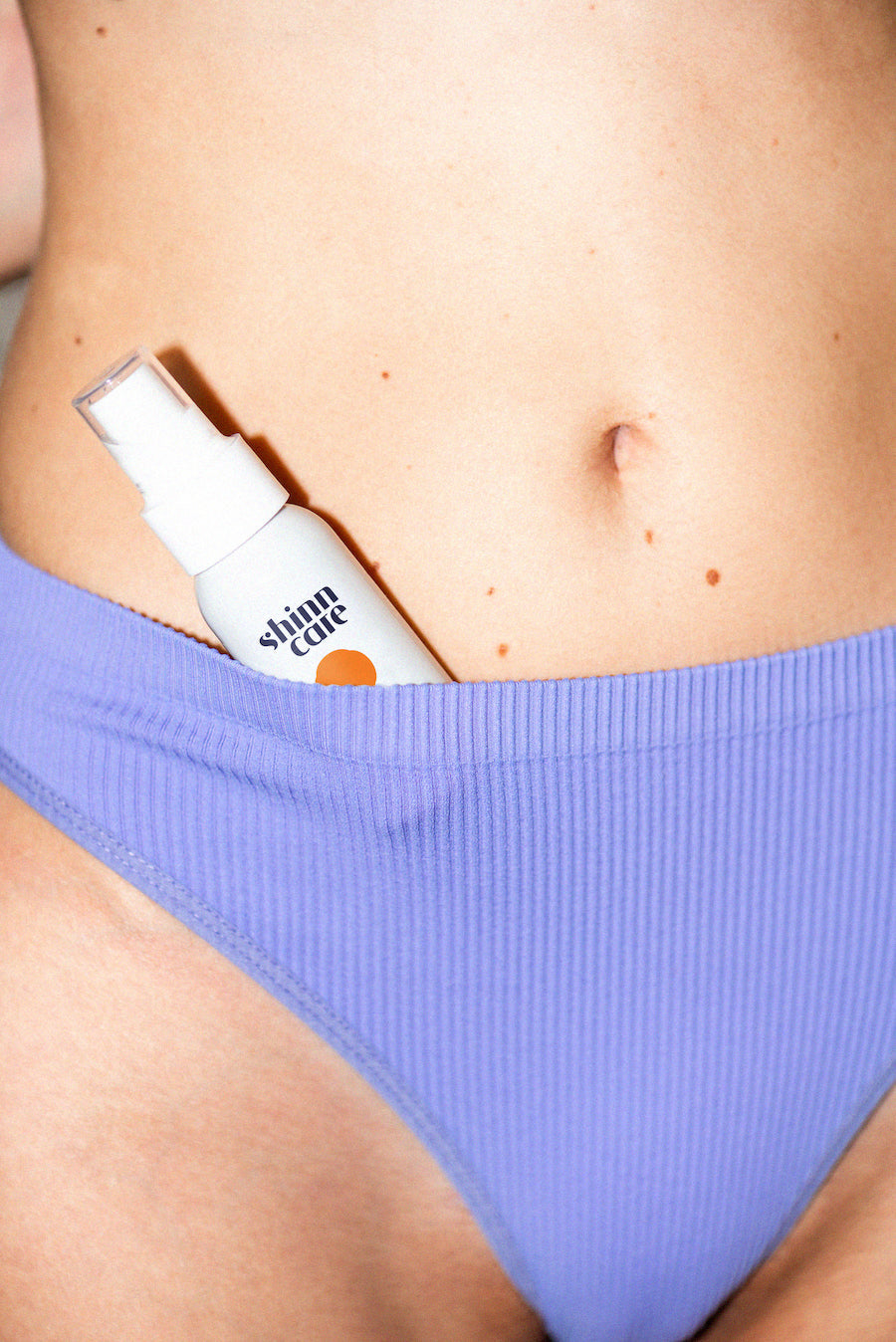Which product is best to use to wash my vulva? Alternatively, can I use products at all? And if so, how do I best clean my vulva? Can I use a flannel for that or do I do it by hand? No doubt these are questions women have asked themselves before. Yet, partly due to insecurities, these questions are not often addressed. However, who is waiting for discomfort in the intimate area due to improper care? Shinn reveals the best things you can do to cleanse your vulva in the best possible way.
The Vagina Book written by sexologist Goedele Liekens spells it out clearly: a majority of women say the vagina is the organ they know the least about. However, there is more. For instance, most women claim to be ashamed of their vagina or have difficulty discussing it.This is strange, because the vagina is one of the things that makes a woman 'woman' and is consequently also a very important organ for both the body an sich, but also for feeling well.Proper care not only affects your health but also the way you feel.
The vagina is a self-cleaning organ
Can I use soap to clean my vagina?
"Should I then stop using intimate hygiene products altogether?" Of course you can, but you need to know carefully which ones and where you apply them. It is important not to disturb your microbiome when using intimate hygiene products. Should that happen, unwanted germs will get free rein and threaten complaints such as bacterial or fungal infections. However, how can you take this into account? The answer is: know what you are doing and act deliberately.
Your vagina has a pH of around 3.5 to 4.5. Knowing that most shower
soaps have a pH of 8, you probably already know what we will say: wrong.
Therefore, choose gentle products that respect the specificity of your vagina
and have a pH closer to it. Then, if a small amount of the product does get in,
you will still limit the risk of problems
Intimate skin is
sensitive skin. So be kind to it. Therefore, choose mild products with a mild
soap and without allergens like perfumes. Another tip: choose a product
composed of as few ingredients as possible. This will reduce the risk of skin
reactions.

